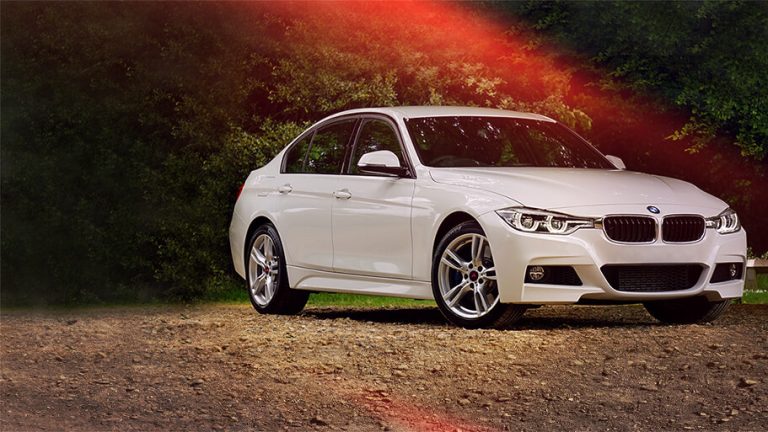We’ve all read the news about the emissions scandal and seen the headlines about car recalls. But what are the implications if your car is one of those affected, whether because of its emissions or because of a safety issue? Here’s what you need to know.
Understanding car recalls
There are different kinds of car recall, the most severe being one called a ‘Stop Drive Recall’, which means you’d need to stop driving your car immediately for safety reasons. These are rare.
The next level down, Safety Recalls, are used when there’s a potential defect with your vehicle or one of its parts that could affect the safety of your car. You can continue to use your car before it’s fixed, unless your car manufacturer tells you otherwise.
You can also be contacted about more minor problems with your car – ones that won’t affect the safety of your vehicle, but that you may need to know about or mention to your garage the next time your car goes in for a service.
How will you know?
If your car is recalled, you’ll get a letter from the manufacturer telling you why, and informing you of the type of recall. They’ll explain what the defect is, and the potential consequences of the problem not being fixed. They’ll also tell you what work needs to be done to your car, and what you need to do for the work to be carried out.
If you haven’t received a letter and you’ve heard about issues with cars from the same manufacturer, you can always check using the MOT history tool, which will also tell you about any outstanding recalls in place for your make and model of car.
What will a recall cost?
When a manufacturer recalls a car for safety reasons, it’s up to them to cover the cost of any repair work that needs to be carried out – so repairs and replacement parts shouldn’t cost you anything. This applies no matter how long you put off having the work done. If the defect isn’t considered critical to the safe operation of your car, you may need to cover the cost of remedial work yourself if it’s something you want to get fixed.
What about my car insurance?
A car recall in itself won’t invalidate your insurance, but ignoring a safety-related recall notice could. That means that in the unfortunate event that your car is involved in an accident, an insurer may not pay out if it’s found that your car has been recalled on safety grounds and you’ve done nothing about it. You could even be considered to be “in charge of a defective vehicle”, as putting off getting remedial work done following a safety recall could also put yourself and other drivers in danger. So, it’s best to act swiftly if you hear from your manufacturer. While they’re obliged to inform you about a recall, they can’t force you to act on the notice, so you’ll need to take responsibility for this yourself.
You could also read:
- Party season – check your limits now.
- Traffic light cameras: Everything you need to know
- Are you driving in an uninsured hotspot?
- Can I get insurance with a drink driving conviction?
- Free MOT status checker – Check a vehicle’s MOT history
- Try our free-to-use Car Tax Checker

